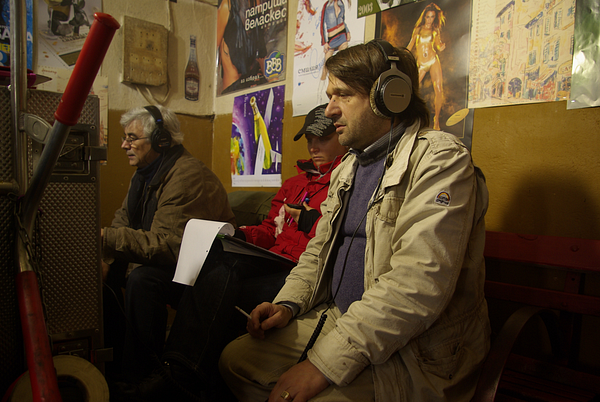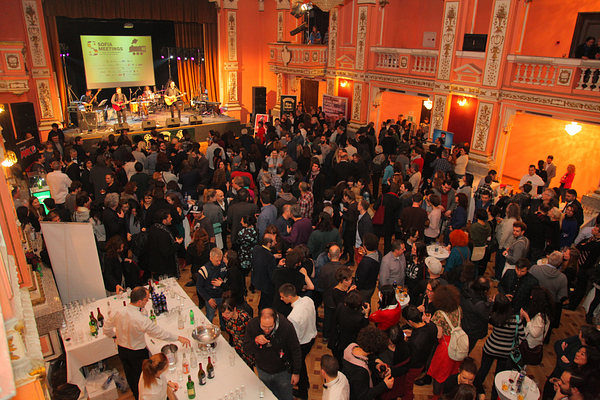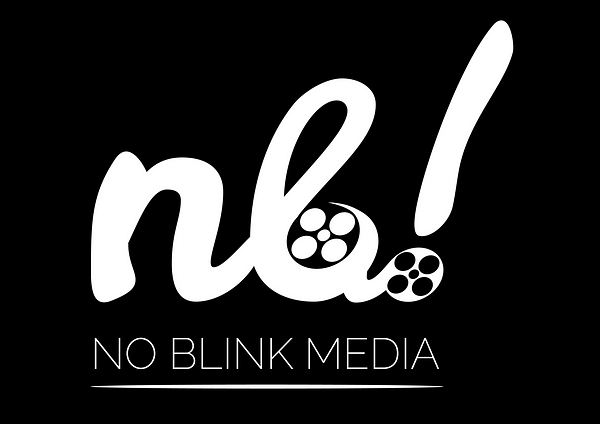In the digital era of storytelling, cultural characteristics are more and more expressed through visuals, yet the Bulgarian cinema has been struggling to convey elevating messages, or any messages at all. The new wave of cinema art in Bulgaria started evolving after the fall of Communism, but for

multiple reasons it never reached a well-developed direction.
FUNDING
The art of film making is by far one of the most expensive art types, but it’s also the most profitable art business. The National Film Center in Bulgaria (NFC) created the state funding commission in 2008, with the hopes of encouraging national film production. Stanimir Trifonov, currently a professor in film making and film production and one of the founders of the comission says, “They [the current jury] care too much about everything else but choosing the right movies for financing. Indeed, money is not enough but they are also allocated in the worst way possible.”
The process and preparation of documents is a troublesome task, and the money transfer to the recipient can take up to four years, which makes many film ideas obsolete.The founder of NoBlink! media and studio (a three-year old Bulgarian company for short films) Niki Stoichkov applied for a BGN 1000 state funding in 2015 for his short film, but was rejected on the notion that he lacked experience. The process of applying itself costed another BGN 800. “I realized that nobody will give you a hand just because you are young. That is why me and a couple of friends decided to establish Noblink! and create a platform for exhibition ourselves,” says Stoichkov.
LACK OF GENRES
Although funding is a big hindrance, what drives away the Bulgarian audience is the lack of genre identification and a missing general direction in movie making. “Bulgarian cinema is chaotic,” says Trifonov. Because there are not many films produced yearly, each film is aiming at satisfying the general audience’s hunger, by using disconnected bits of various film genres and thus losing the attention of its viewers.
Trifonov points out the lack of engagement from the Bulgarian Ministry of Culture in setting a development program for the cinema as another issue.
“People often forget that cinema is much more than entertainment. It has a moral purpose, it establishes vital messages in a society,” he shares.
As a member of NFC, he admits that the current cultural strategy is the preservation of the national heritage in the context of a unified Europe, but it failed to be implemented nationally.
BAD MARKETING
Even with artistically well-developed movies, the restricted budget leaves little space for movie promotion. Every movie needs a proper amount of advertising and exhibition and when money is short, directors should cut funds either from the production or from the exhibition. Stoichkov also emphasizes on the fact that product placement is considered too lucrative by many Bulgarian producers, although it is a broadly used tactic in Western movies.
“Many directors in Bulgaria believe their work is finished with the production, when they should be taking an active role in creating the communication campaigns. After all, they know best how their film should be presented,” says Stoichkov.

On the other hand, some directors aim to create “festival movies,” those not meant for theaters, because they consider them too sophisticated to be understood by the broader audience, something that Trifonov considers as a serious mistake.
CHANCES FOR THE YOUTH
All these problems have been known for decades, yet there is nobody to change them. The lack of support for cinema beginners keeps the industry at a stagnate position, while the established figures are comfortable sitting where they are. Lachezar Stoykov, a film art novice believes that Bulgarian actors are chosen mainly based on physical appearances and established connections, rather than on talent.
“We always had good producers and directors, cinematography and music are catching up, but the acting is terrible. And bad acting could ruin an excellent movie” he concludes.
On the other hand, Trifonov is afraid that future film professionals have accumulated anger towards the industry and are reluctant to accept veterans’ advices. “Students in film studies need to understand that in order to be alternative of something, they first need to master the basic concepts. Before Picasso painted “Gernika”, he had all kinds of boring landscape pictures,” says Trifonov.
A WAY OUT
Being aware of a system’s flaws and problems should not, however, discourage movie enthusiasts from seeking their place in Bulgarian cinema. Since NuBoyana film studios was acquired by the American company NuImage in 2006, foreign productions and co-productions, such as “The Expendables” and “The Undisputed” brought big investments and experience to the Bulgarian market.

For the first time in 2017, three Bulgarian productions, “Bezbog”, “The Postman” and “King of the Belgians,” are nominated for European awards, along with the “Blind Vaysha” animation’s Oscar nomination. Who knows, maybe this success can serve as an eye-opener that Bulgarian cinema is a worth-while investment.
The NoBlink! Team and New Beginnings
NoBlink! studio and NoBlink! media were established in 2015, with the purpose of bringing more light to Bulgarian short-films. Niki Stoichkov, the current CEO and co-founder of the companies says we should not blink in front of Bulgarian cinema, but find new platforms and methods for its exhibition. Currently, the NoBlink! team consists of around 20 producers, operators, directors, actors and marketing specialists that are passionate about cinematography and are willing to make a change.
“When I created my first short-film “What’s the purpose of bread,” I understood that the standard life of most short films is a couple of festivals, or not more than a 1000 viewers. I spent a year of my life making that film, and realizing that not more than 1000 people will see my creation made my heart hurt. I knew there is something to be done, so with the help of other movie enthusiasts we created NoBlink!, in order to present the best Bulgarian productions in one place,” Stoichkov shares.
NoBlink! studio produces films and animations no longer than 25 minutes in documentary, film noir, romance and thriller and exhibits them through NoBlink! media. For that purpose, NoBlink! media created a free film catalogue, accompanied with film news, interviews and current articles about the film industry. Stoichkov and his team believe new methods of advertisement and communication can help develop the Bulgarian movie industry and are on their way to prove it.
###
